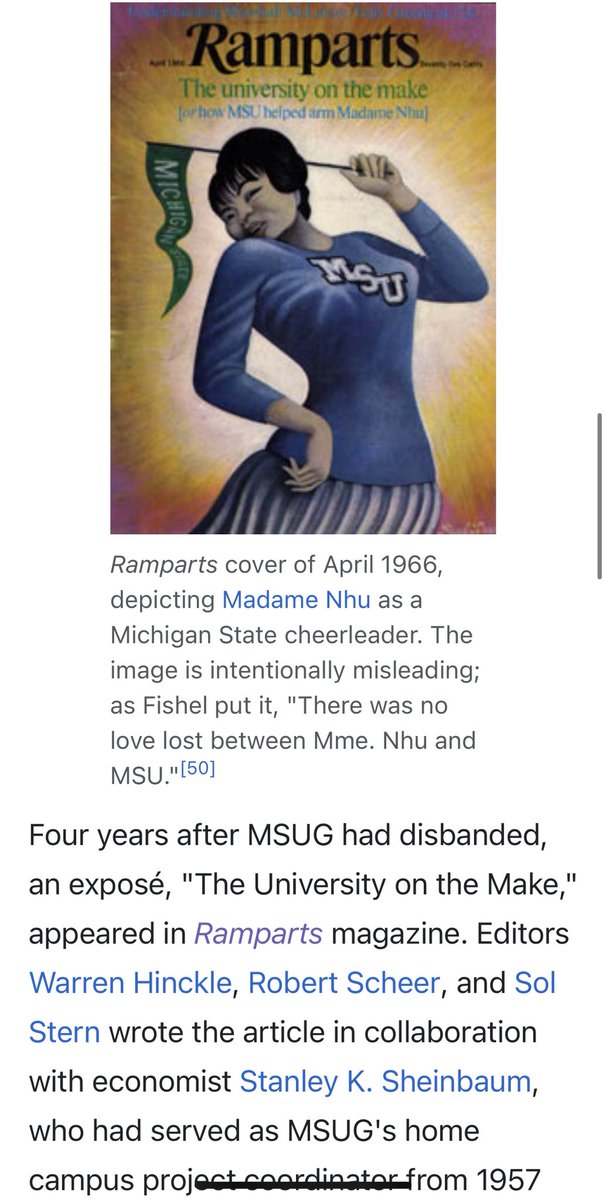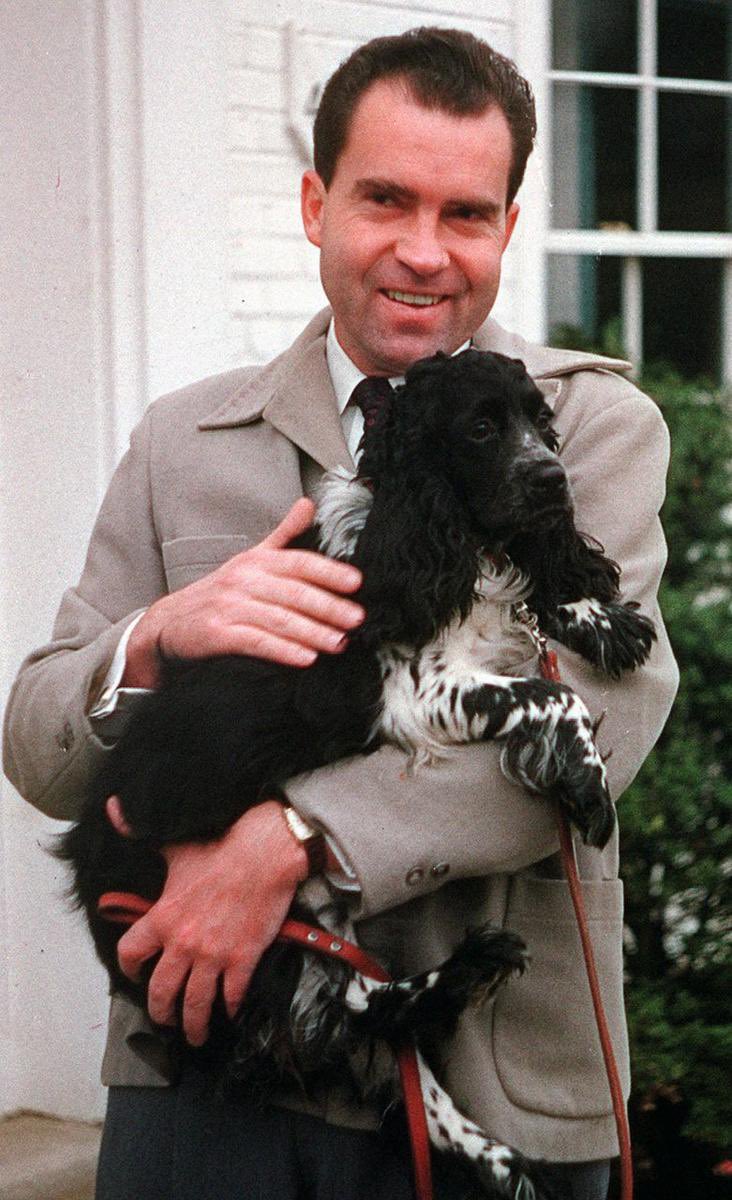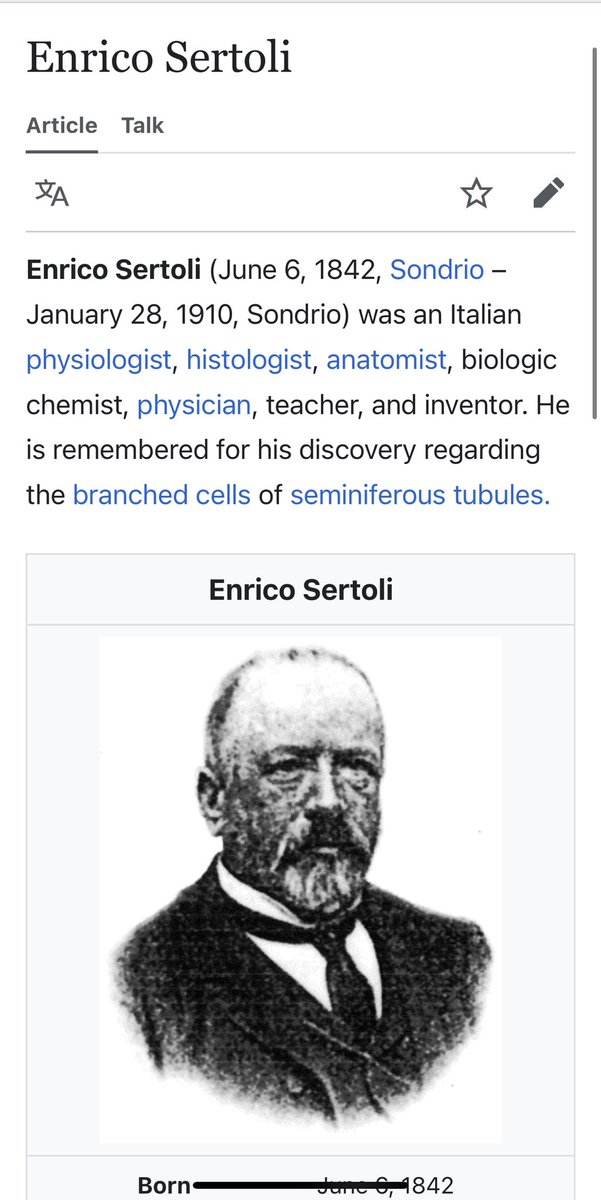For example, Queen Victoria wore charm bracelets that started a fashion among the European noble classes. She was instrumental to the popularity of charm bracelets, as she “loved to wear and give charm bracelets. When her beloved Prince Albert died, she even made “mourning” 

charms popular; lockets of hair from the deceased, miniature portraits of the deceased, charm bracelets carved in jet.”Soldiers returning home after World War II brought home trinkets made by craftsmen local to the area where they were fighting to give to loved ones. American 

teenagers in the 1950s and early 1960s collected charms to record the events in their lives. The name charivari (from the Latin caribaria meaning "mess" or "madness") came into the German-speaking world during the Napoleonic era. At that time it had a secondary, more important, 

meaning of "pandemonium" or "commotion". This meaning has continued in both English and French until the present day. During the Roman Empire, Christians would use tiny fish charms hidden in their clothing to identify themselves to other Christians. Jewish scholars of the same
period would write tiny passages of Jewish law and put them in amulets round their necks to keep the law close to their heart at all times. Medieval knights wore charms for protection in battle. Charms also were worn in the Dark Ages to denote family origin and religious and
political convictions. Embedded in the dashboard of every Jewett was an amulet, visible on the Passenger side as a dashplate. Harry's wife Mary was something of a spiritualist, and these amulets were purported to have mystical power that protected the occupants. Henry Jewett's 

estate, once a great plantation, has all but vanished. The ruins near Rose City in Northern Lower Michigan are still visible. Discussions about restoring parts of the estate as a historical park have not yet borne fruit. 

• • •
Missing some Tweet in this thread? You can try to
force a refresh

















